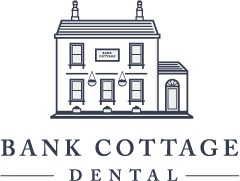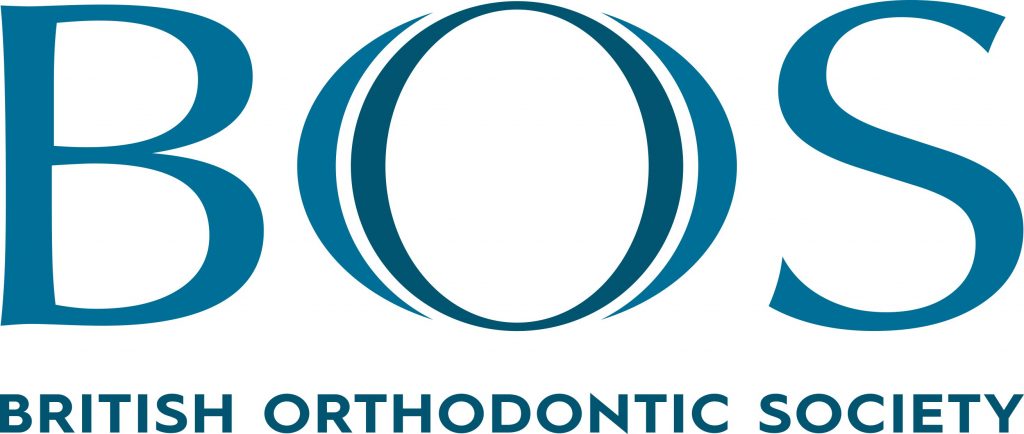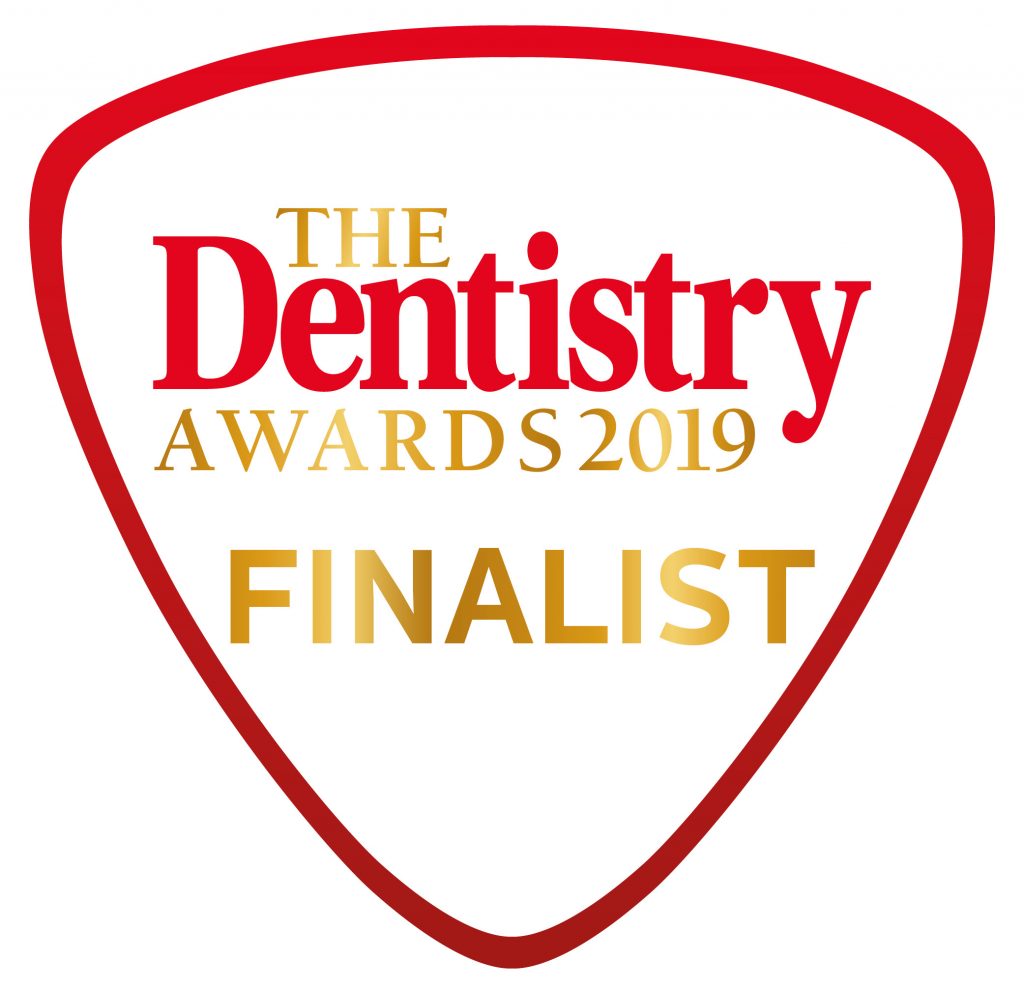New patient's welcome. Please contact the practice to enquire.
Trauma And Mouthguards
- Home
- >
- Treatments
- >
- Trauma And Mouthguards
Dental injury to teeth through trauma is a significant problem, so much so that it affects 1 in 3 children with baby teeth and 1 in 5 teenagers and adults with permanent teeth world-wide. The upper front teeth are most commonly affected, and if damaged can be distressing for you or your child who are affected, and have an impact on the appearance, function, and health of these teeth over the long-term.
Orthodontics can be used to help move displaced teeth, as a result of trauma, back to their original position, and our specialist orthodontist can advise and work alongside your dentist, to manage any unfortunate situations which may arise following an episode of dental trauma.
Although dental injuries cannot always be avoided, where there is a higher risk such as participating in sport, wearing a well-fitting mouthguard is advisable to reduce injury to the teeth and gums.
Mouthguards act by absorbing some of the shock from a direct blow at the site of impact and spreading the energy with a cushioning effect. They do not, however, provide complete protection.
There are different types of mouthguard available, such as:
- Stock mouthguards are preformed over-the-counter mouthguards, which are generally inexpensive and readily available from most sports shops or online. However, they are often poorly fitting. As they require patients to be continually biting into them to hold them securely in place, this can have an affect on breathing during exercise.
- Mouth-formed “boil and bite” mouthguard are softened in hot water prior to being moulded by patients to fit around the teeth and gums. Although they are also inexpensive and easily available to purchase, like stock mouthguards, they tend to be bulky, and may not be particularly well fitting or secure. It can be difficult for patients to adapt the material around their teeth sufficiently and to cover their gums beyond the gum line.
- Custom-formed mouthguards are tailor-made by a laboratory and fabricated from an impression taken of your mouth. Although they are more costly than the other types of mouthguards, as they are specifically made to fit around your teeth and gums, they are the best fitting and most comfortable. They are usually made for upper teeth only. There are some circumstances however where a separate lower mouthguard may be indicated, or an adaptation is made to the design. Our specialist orthodontist or dentist can advise if this is necessary. The Rugby Football Union, England Hockey, Amateur Boxing Association of England, as well as the British Dental Association, recommend custom-formed mouthguards.
Mouthguards can be worn during orthodontic treatment. It is crucial that if you are wearing a fixed type of brace, and participating in a contact sport, that you do wear a mouthguard that fits around your brace to protect you against dental injury. If you are wearing a removable brace, then this should be removed for contact sports and a mouthguard worn instead.
Orthoguards are now available which provide an instant fit around fixed braces, as they are made from a flexible material with an in-built channel to accommodate the brace. Although they are not customised, they do provide a cheaper alternative, but it is unknown how effective they are.
If you or your child have suffered any dental injury to your teeth and are concerned about the impact of this in terms of the appearance, function and the long-term care of your teeth, and/or require advice or a custom mouthguard, please contact Bank Cottage Dental Practice on 01454 412053 to book an appointment with our specialist orthodontist.
Back to treatmentsTreatments
Get in touch
Have a question?

The key to retirement is to find joy in the little things

In retirement, there’s a whole new life ahead, full of experiences just waiting to happen

Never too old to set a new goal or dream a new dream

Retire from your job, but never from your mind.

Team Building On Track
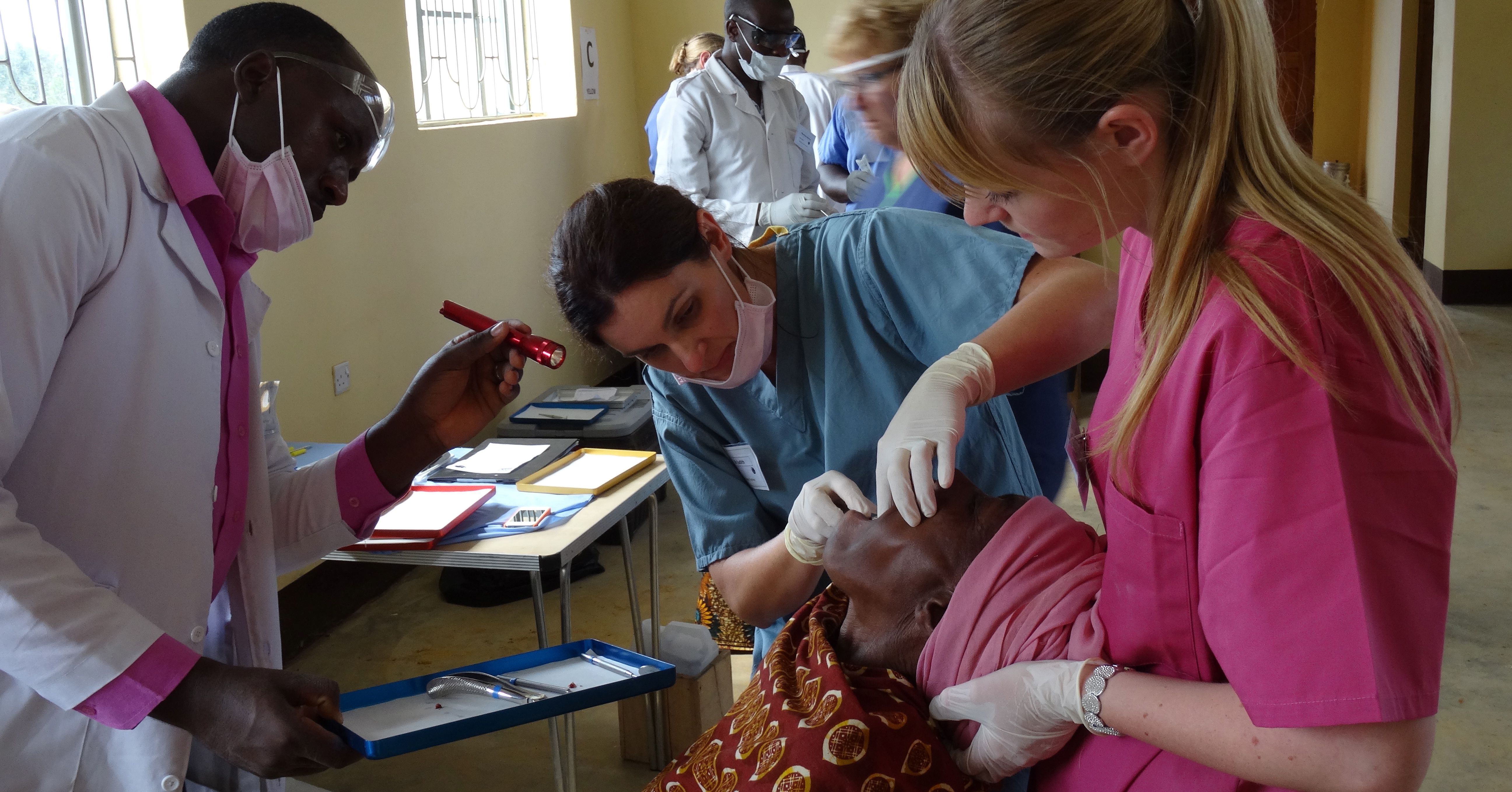
Bridge2Aid - our chosen charity. How you can help
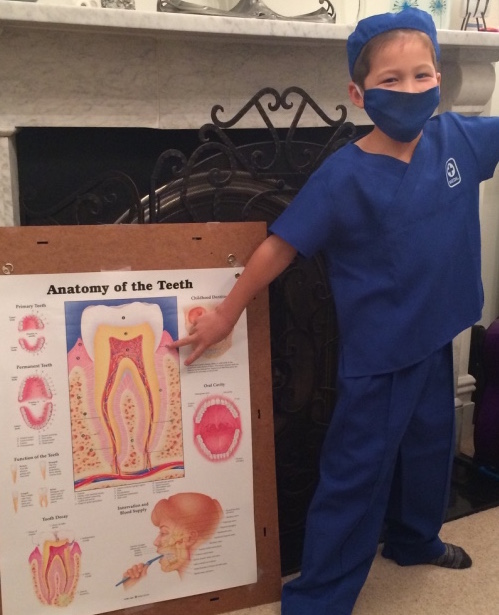
Sharing is caring - let's work together to improve the future for our children!
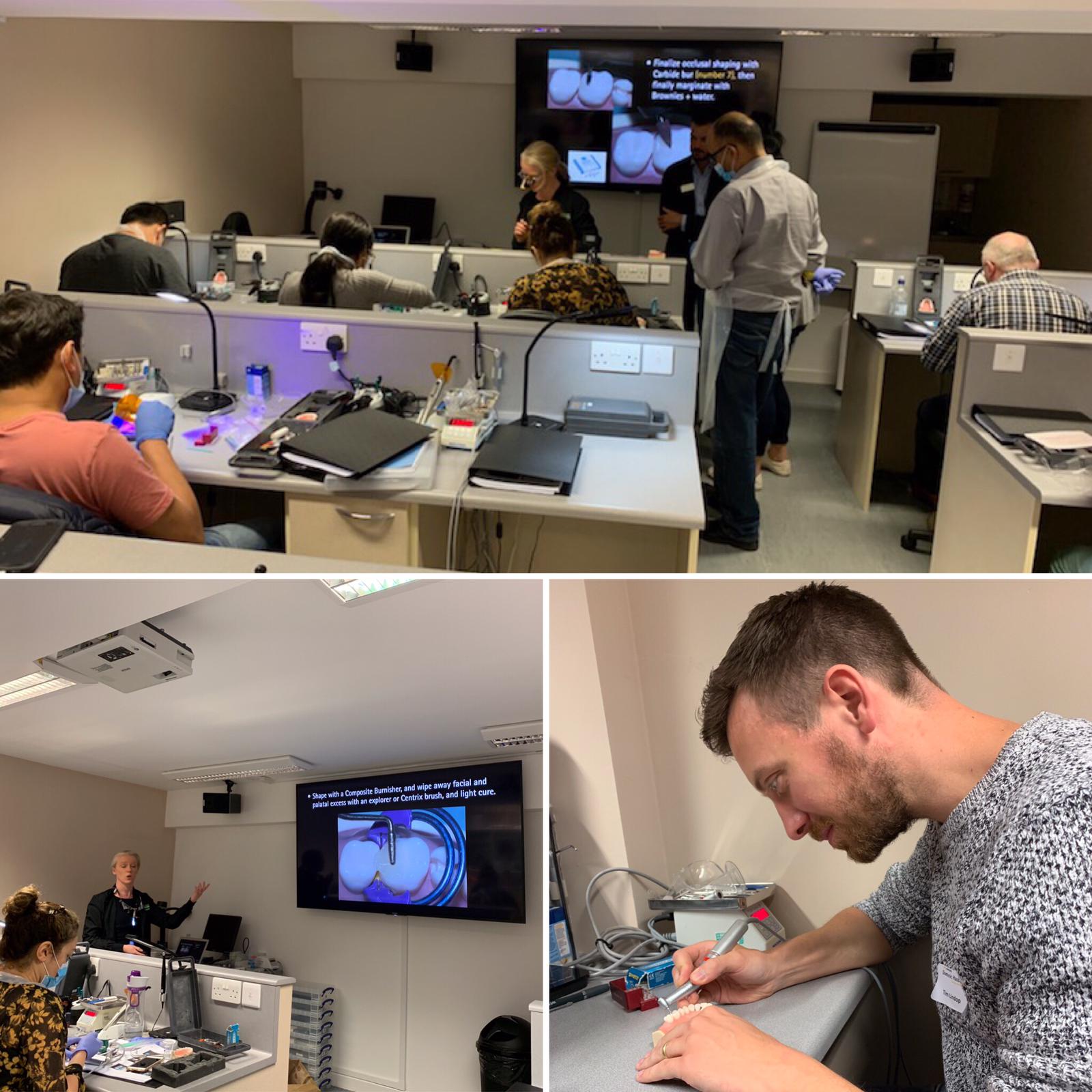
Modern Dentistry Training

Fireman Sam in Thornbury?

The key to retirement is to find joy in the little things

In retirement, there’s a whole new life ahead, full of experiences just waiting to happen

Never too old to set a new goal or dream a new dream

Retire from your job, but never from your mind.

Team Building On Track

Bridge2Aid - our chosen charity. How you can help

Sharing is caring - let's work together to improve the future for our children!

Modern Dentistry Training

